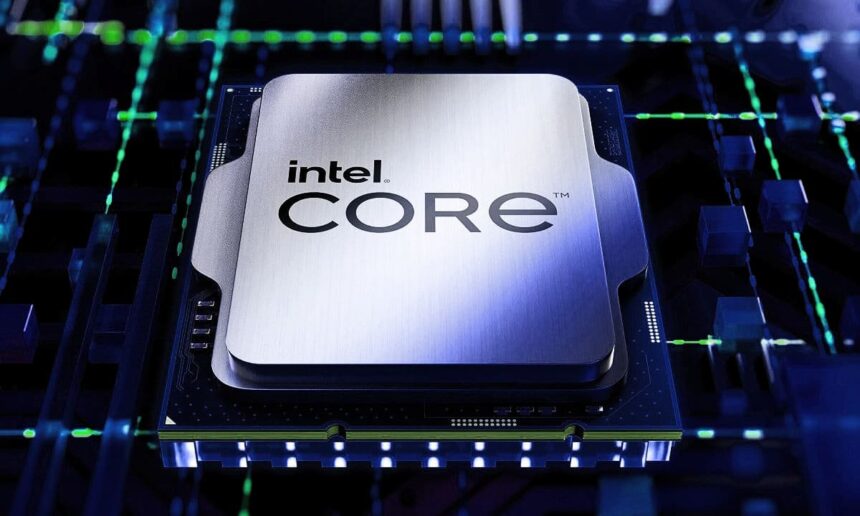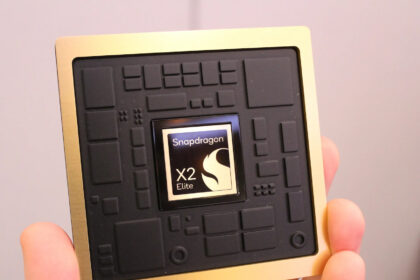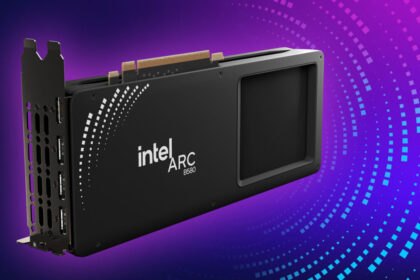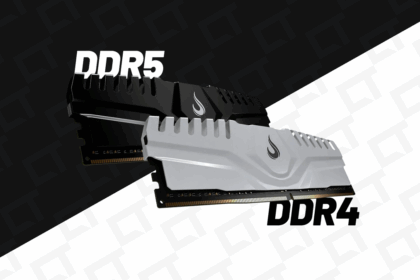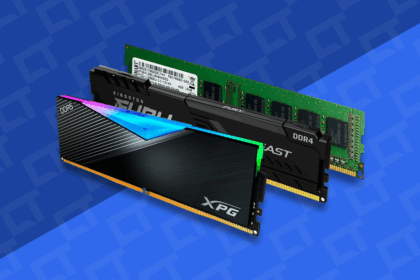Intel is tightening its belt as it navigates one of the toughest periods in its history. Following news that the Trump administration intends to purchase a 10% stake in the company to prevent bankruptcy, Intel has now confirmed it will end standard graphics driver support for processors ranging from the 11th to the 14th generation.
Intel discontinues the graphics driver support from the 11th to the 14th generation
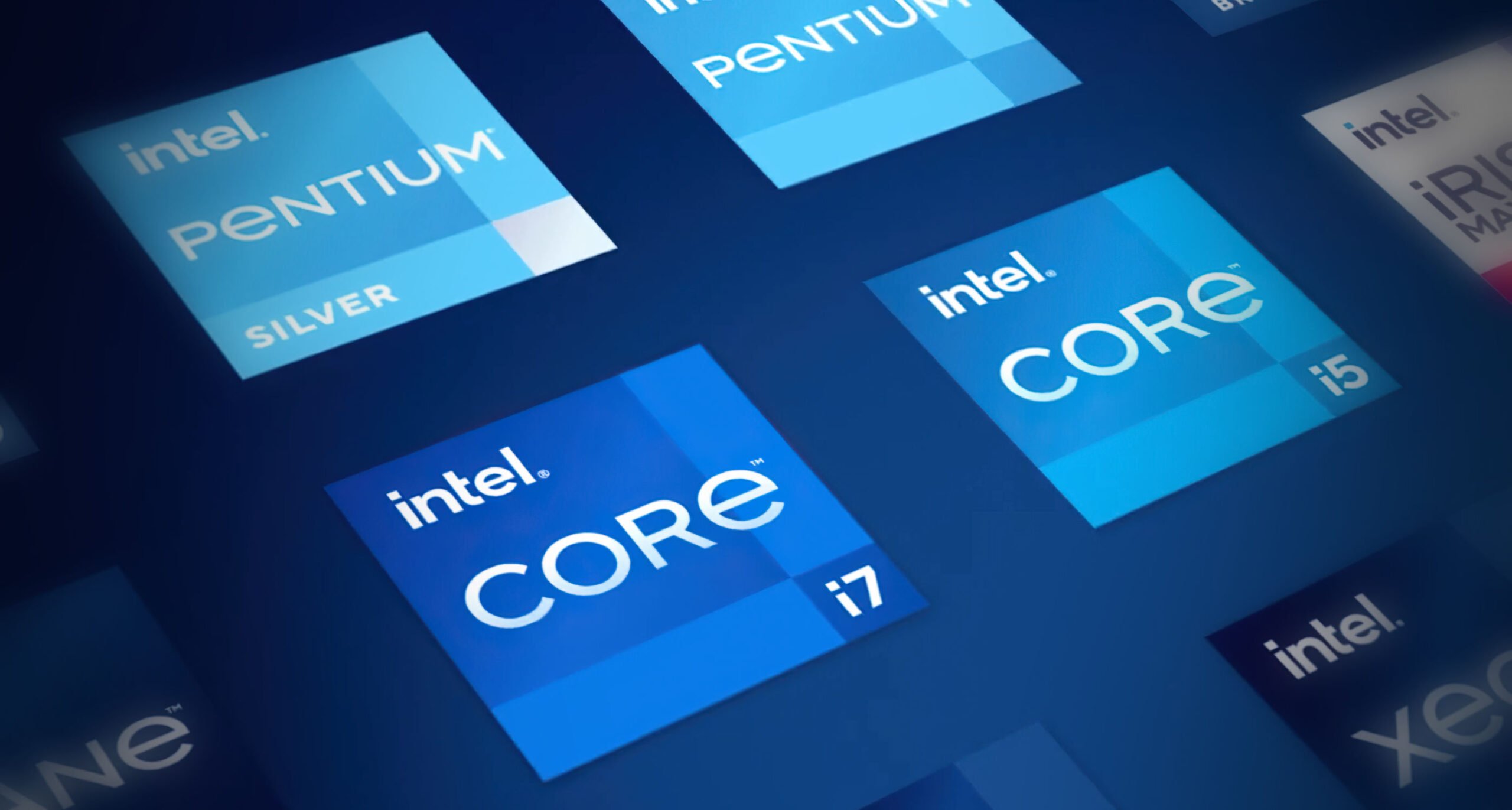
Until now, these CPUs received regular driver updates with performance optimizations, feature enhancements, and bug fixes. Going forward, they will be moved into extended support mode. This means users will only receive quarterly updates focused exclusively on security patches and fixes for critical issues, without any new improvements or optimizations.
Intel applied a similar policy in the past to its 7th through 10th Gen chips, separating older hardware from its main driver package.
The company clarified that updates may arrive quarterly or on an ad-hoc basis, depending on the severity of vulnerabilities that surface.
CPUs and GPUs affected
The following product families are impacted by this decision:
- Intel® Core™ 11th Gen – Tiger Lake, Rocket Lake, Tiger Lake-H
- Intel® Core™ 12th Gen – Alder Lake-S, Alder Lake-H/HX/P/U/N, Twin Lake
- Intel® Core™ 13th Gen – Raptor Lake-S, Raptor Lake-H/HX/P/U
- Intel® Core™ 14th Gen – Raptor Lake-S Refresh, Raptor Lake Refresh, Raptor Lake-U Refresh
- Intel® Iris® Xe dedicated graphics (DG1)
The announcement has sparked frustration among users, particularly because 13th and 14th Gen chips are still relatively new. Intel has long been recognized for offering multi-year support with regular driver improvements before transitioning older hardware to extended support. Cutting off newer generations so quickly has left many questioning the company’s strategy.
While Intel is preparing to launch new products such as its Lunar Lake platform, critics argue that discontinuing full support for still-capable processors risks alienating customers—especially at a time when sales are already under pressure from high prices, quality concerns, and fierce competition from AMD and other chipmakers.

